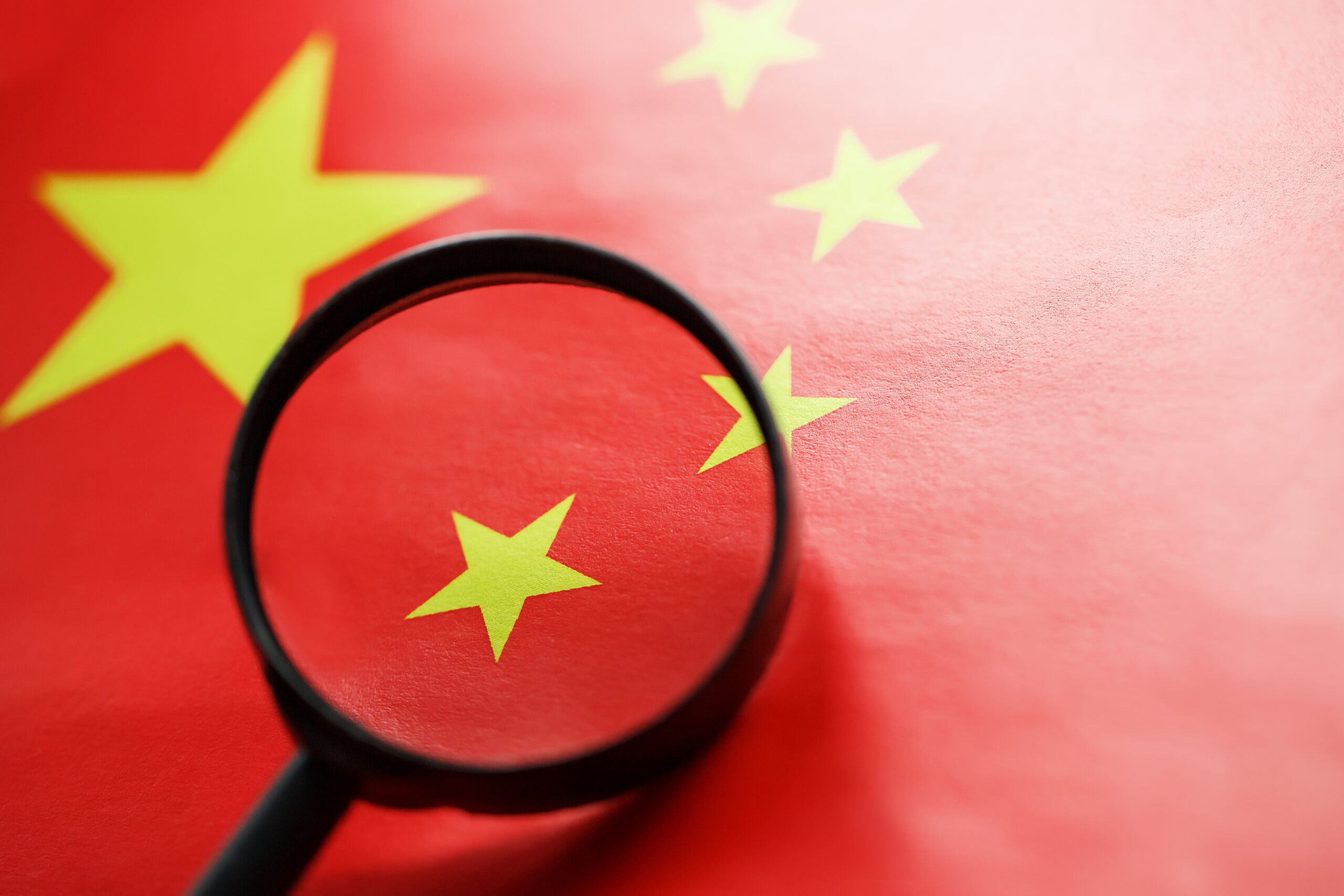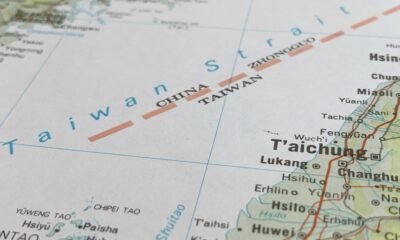China’s Online Influence Campaign In European Election Raises Concerns

China’s state-backed disinformation networks have been working to destabilize Western nations through social media manipulation. After being caught attempting to incite political unrest in Spain, concerns are mounting over what Beijing may be doing to influence the United States.
A report from Graphika exposed a Chinese campaign known as “Spamouflage,” in which Chinese operatives disguised themselves as human rights activists to stir public outrage over deadly floods in Spain. The goal was to encourage dissatisfaction with both the Spanish national government and regional leaders, with social media posts calling for the overthrow of the administration.
This is not the first time China has attempted to manipulate public opinion. U.S. officials have previously warned that Chinese influence operations have targeted American voters. During the 2024 presidential election, Chinese agents reportedly posed as supporters of President Donald Trump on social media, amplifying controversial narratives to increase division among voters. Unlike Russia’s past election interference, which often sought to support leftist candidates, China appears focused on undermining trust in democratic institutions rather than backing one political ideology.
The scale of these operations raises concerns about how much of the American political conversation on social media is being influenced by foreign actors. During the 2024 campaign cycle, Chinese operatives reportedly spread conspiracy theories about President Joe Biden, aiming to damage the credibility of both major political parties and increase overall political instability.
China’s increasing investment in online influence campaigns signals that it is willing to exploit Western political tensions for its own benefit. The success of these tactics in Spain suggests similar strategies could be deployed in the U.S. ahead of future elections. Lawmakers and intelligence agencies are likely to keep a close watch on Beijing’s digital activities, especially as the next election cycle approaches.
The United States has previously sanctioned Russian and Iranian entities for election interference. However, China’s economic influence and its deep involvement in global trade make countering its operations more complex.
























